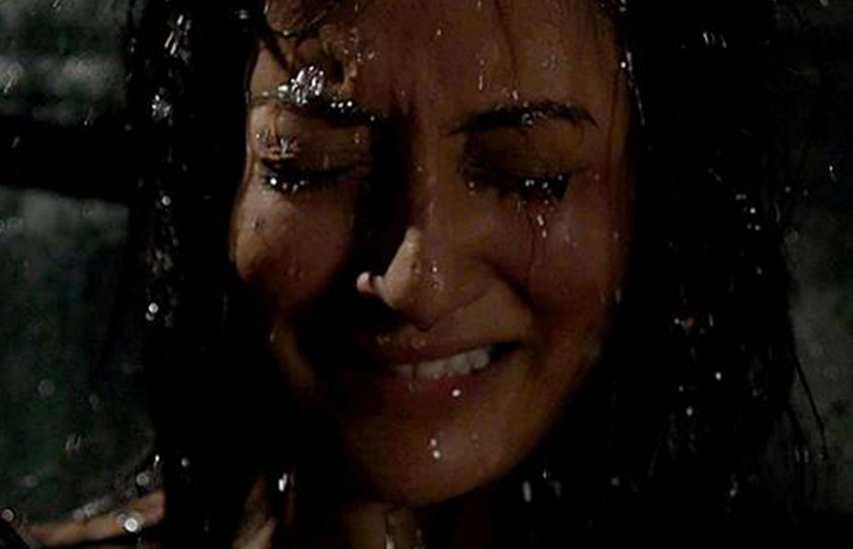
True Review: Children of War - Nine Months to Freedom
by Niharika Puri May 17 2014, 12:23 pm Estimated Reading Time: 2 mins, 48 secsCritics Rating: 3.STARS*
Cast :Indraneil Sengupta, Raima Sen, Pavan Malhotra, Farooque Sheikh, Riddhi Sen Rucha Inamdar, Victor Benerjee,
Direction: Mrityunjay Devvrat
Produced : Maktub Entertainment, Pencil Cell Production.
Genre: Drama History War
1971 remains as significant a year for Bangladesh as it was for India. It was a secession that proved fruitful despite the odds. History textbooks would write a glowing account of the formation of a new country, a time when East Pakistan liberated itself from its Western half.
But the greater the revolution, the bloodier the war. As Children of War reminds us in a title card, the nine month long strife for liberation led to the rape of 400,000 women and the death of an estimated 3 million people. Yahya Khan’s infamous statement sends a chill when you read it off the black slide: “Kill three million of them and the rest will eat out of our hands.”
Director Mrityunjay Devvrat takes us to the human face of the ensuing tragedy, which often gets overlooked due to the number-crunching. This he does by dividing the film into three parallel tracks: a distraught journalist Aamir, (Indraneil Sengupta) who joins the Mukti Bahini resistance against the prevailing Pakistani government, his wife Fida (Reema Sen) who, with other women, is subjected to brutalities in a prison camp and two siblings Rafiq (Riddhi Sen) and Kausar (Rucha Inamdar) who are determined to make it across the border to India.

The film makes for heavy viewing, with its unflinching portrayal of violence and the unending suffering of the characters. It scores its points with some shots that are as beautiful as they are grim (a sort of aesthetic despair) and is backed with decent cast performances.
However, the story-telling takes unsettling turns with a few needless monologues, some ill-conceived flashbacks and an over-the-top background score which could have been taken down a few notches, without being carried into the next scene where it lacked relevance. A fourth, minor track in the narrative about a student addressing a large gathering of youngsters, ties with the main plot towards the end but is a slightly jarring inclusion.
Despite a war of such magnitude, the film sticks a little too faithfully to its limited storyline, which gets monotonous in portions where there is more talk, less action. It would have been helpful to the uninitiated viewer to better understand the role of the Mukti Bahini, militant elements like the Razakars, Operation Searchlight and the defining election of 1970 that was a catalyst to the conflict. Essentially, a greater historical context was needed.
There are excerpts of Indira Gandhi’s fiery interview where she speaks for the Bangladeshi refugees and India’s eventual involvement in the beginning, but it would have helped to have simultaneous world reactions to the war, alongside the characters’ journey towards freedom.
Despite its flaws, Children of War is a film that is surprisingly better than one would expect it to be. You find yourself rooting for the characters. The riot and torture scenes are effective; exposing the unseen face of human viciousness mainstream cinema tends to shy away from.
It may not be escapist fare, but it is a story that needed to be told. Now, all these decades later, it needs to be heard. The less patient viewer would do well to wait for the DVD release, though.






-173X130.jpg)
-173X130.jpg)

-173X130.jpg)


-173X130.jpg)
